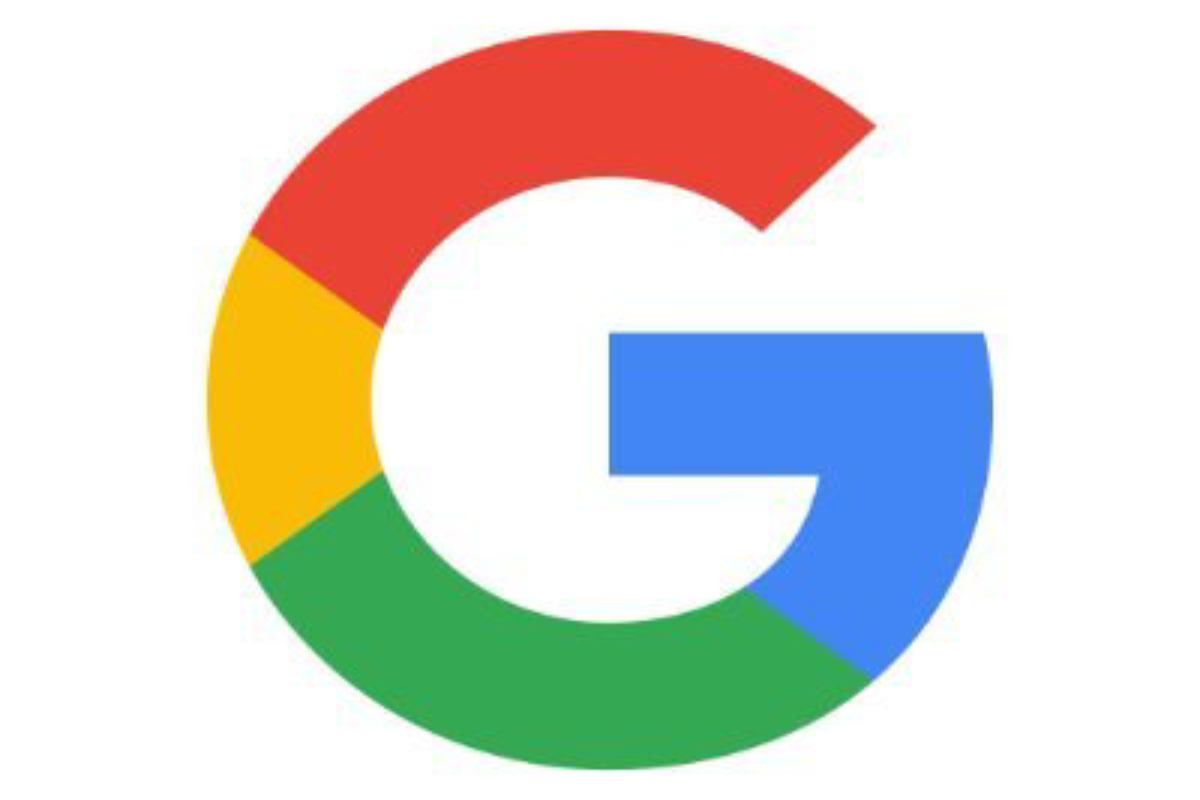How Google News fought misinformation in India in 2024
From major elections across the globe to conflicts and crises, the year 2024 was critical for the news industry, said Google News on Wednesday.

[Photo: Twitter/@Google]
Earlier this month, arguably the most significant big tech antitrust trial anywhere in the world commenced in Washington. In US versus Google, the American Department of Justice (DOJ) and 38 state and territory attorneys-general allege that Google has violated Section 2 of the Sherman Act, an antitrust law originally enacted in 1890, explains John Villasenor of the UCLA Institute for Law, Technology, and Policy in a recent commentary. The Sherman Act prohibits using exclusionary practices to maintain a monopoly. The DOJ and state attorneys-general assert that Google has done just that in relation to certain internet search services.
The case was narrowed down to adjudication on a few key issues in the weeks and months leading up to the start of the trial, which itself is expected to last for a few months at least. Perhaps the most critical of these issues up for adjudication is the question of whether Google’s browser agreements are exclusive. Google has entered into browser agreements with Apple and Mozilla under which Google is the default search engine for web browsers provided by those companies. For example, with respect to Apple, this means a person who purchases a new iPhone, launches the Safari web browser, and enters a query into the search bar will, by default, receive search results from Google, points out Villasenor. In return for making Google the default search engine, however, the web browsers receive a portion of advertising revenue arising from those searches.
Advertisement
Google argues these agreements are not exclusive because the default settings can easily be changed by consumers who wish to use a non-Google search engine. The DOJ has countered this by stating that even where search users may want to switch defaults, the effort and knowledge required to make the change biases them towards staying with the default option. In an August 2023 ruling regarding summary judgement motions, the Washington DC federal district court’s Judge Amit Mehta held: “It is best to await a trial to determine whether, as a matter of actual market reality, Google’s position as the default search engine across multiple browsers is a form of exclusionary conduct.”
Advertisement
In making this inquiry, say experts, the court will consider not only whether the browser agreements are actually exclusive, but also whether they are de facto exclusive. An agreement that lacks a formal exclusivity provision can nonetheless function in a de facto exclusive manner due to contextual factors, such as market dynamics and incentives. In fact, a related question is whether any exclusivity associated with the browser agreements is simply the result of market competition. Google says it won the competition to be the default search engine for browsers made by Apple and Mozilla “on merit” as judged by customers but the US government has responded by stating that the existence of multiple bidders “does not transform an anticompetitive agreement into a permissible one”. This is a case which may well change how we browse the internet.
Advertisement